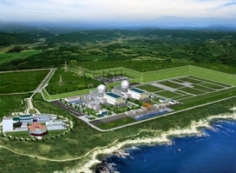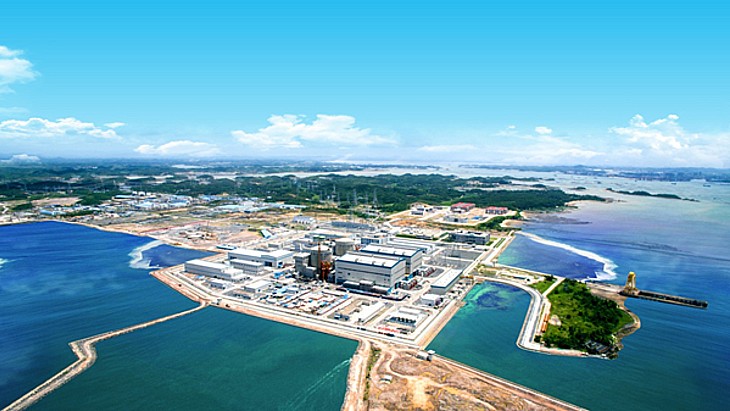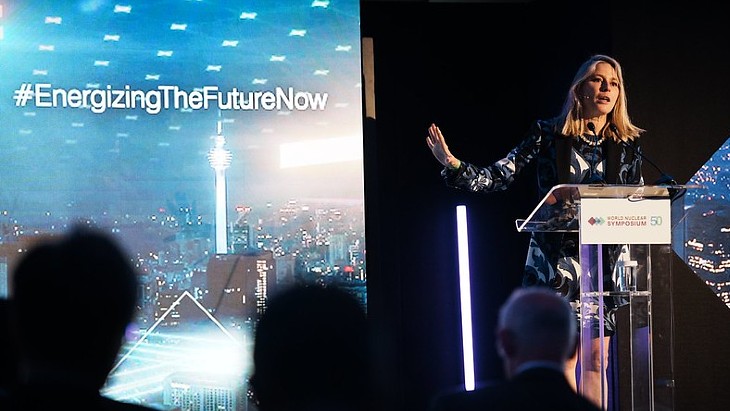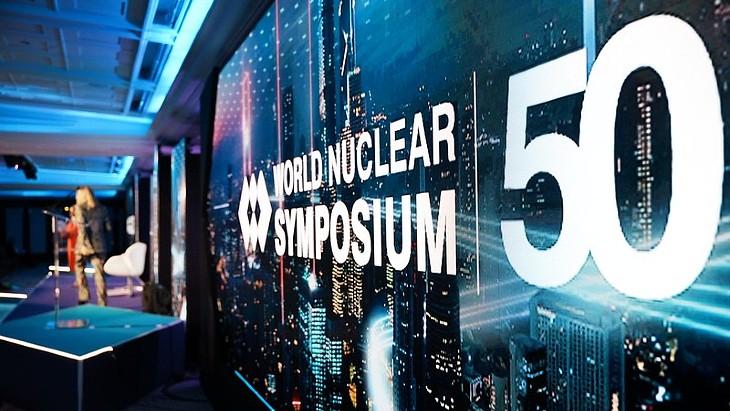 Yeong-joo Kim, minister of commerce industry and energy, today approved the construction of the two new pressurized water reactors (PWRs) which will produce 1350 MWe each and should operate over design lives of 60 years. The reactors should begin commercial operation in 2013 and 2014.
Yeong-joo Kim, minister of commerce industry and energy, today approved the construction of the two new pressurized water reactors (PWRs) which will produce 1350 MWe each and should operate over design lives of 60 years. The reactors should begin commercial operation in 2013 and 2014. KHNP placed an order worth $1.2 billion for components of Shin-Kori 3 and 4 with Doosan Heavy Industries in August 2006. Doosan then contracted $300 million of this work to Westinghouse. In all, the units are expected to cost $5 billion. A consortium led by Hyundai will actually construct the power units. The overall cost of the project is $6.3 billion over seven years.
In the south-east of the country, nearby Kori was South Korea's first nuclear power plant. Its four Westinghouse PWRs started up between 1978 and 1986.
Shin-Kori 1 and 2 are already half-constructed. Their OPR-1000 design is an evolution of the Kori units' design; the APR-1400 technology for Shin-Kori 3 and 4 represents a further evolution in power output, operation and safety. Its construction and power generation costs are reported to be 10% lower than those of OPR-1000 units.
South Korea has 20 nuclear power reactors, all owned and operated by Korea Hydro and Nuclear Power (KHNP). Together they provide about 40% of the country's electricity. By 2014 there should be 26 nuclear power reactors in operation, maintaining about the same proportion of supply.
In addition to this project, Shin-Wolsong 1 and 2 are currently under construction. They are OPR-1000 reactors, 35% complete.
Further information
Korea Hydro and Nuclear Power
Ministry of Commerce Industry and Energy
WNA's Nuclear Power in Korea information paper




_92619.jpg)
_84504.jpg)

_58447.jpg)




